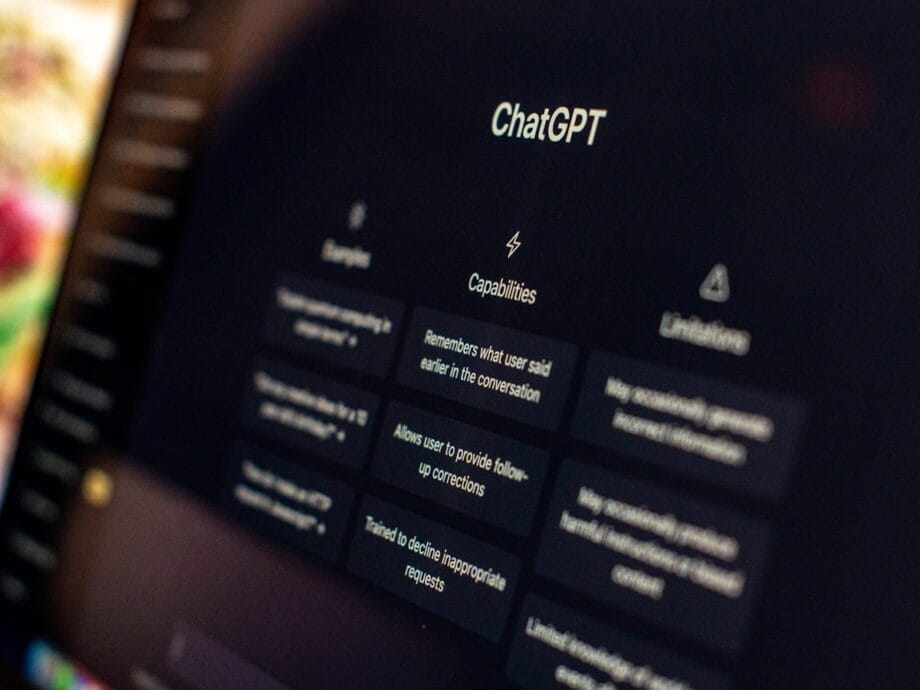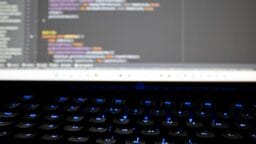The Homework Dilemma in 2025: The Impact of Artificial Intelligence
In 2025, the traditional notion of homework is undergoing profound scrutiny, igniting discussions on its relevance in an age dominated by artificial intelligence. Recent research underscores a troubling trend: AI has become deeply entrenched in the ways students tackle homework and other assignments.
Surveys from the College Board reveal that the percentage of high school students employing generative AI has surged from 79% to 84% between January and May of this year.
This increase signifies that an alarming number of students are delegating their homework tasks to AI, raising concerns about the potential detriment to their educational growth.
AI’s capabilities extend beyond merely solving equations; it can elucidate mathematical solutions step by step, synthesize complex reading materials, and even compose entire essays that elude detection.
For instance, Inglewood High School English teacher Alyssa Bolden discovered that AI can seamlessly integrate a student’s notes and her grading criteria into customized essays. This revelation has prompted Bolden to question the very essence of homework.
“They are not doing it,” she lamented regarding students and their assignments. In a bid to combat this trend, Bolden has prohibited homework, opting instead to have her students compose essays by hand during class.
However, this shift engenders a palpable tension in educational dynamics, as articulated by 10th-grader Aaliyah Herron. Herron experiences a heightened pressure to validate her academic integrity in classes where homework is still assigned.
“My essays will get marked as AI for no reason,” she remarked, emphasizing her commitment to authenticity in her work.
The advent of AI complicates pre-existing challenges in educational paradigms. Mollie Galloway, an associate professor at Lewis & Clark College in Oregon, highlights that educators have historically placed insufficient emphasis on the design of assignments.
“The increasing use of AI makes it imperative to create meaningful and engaging homework,” she asserted.
The Old Guard vs. New Paradigms
Despite the surge in AI use, a faction of educators remains staunchly traditional in their approach to homework. Lance Izumi, senior director at the Pacific Research Institute, champions the necessity of assignments for student success.
“Can all math learning stick in a student’s brain in that hour?” he questioned, underscoring the critical role homework plays in deepening knowledge and fostering essential skills such as discipline and time management.
Research bolsters Izumi’s perspective, indicating that students who engage in homework demonstrate better task management and organizational skills. Nevertheless, he cautions that the rampant use of AI may undermine these benefits by fostering an environment of complacency.
Concerns regarding academic detachment are echoed by Aaliyah and her peers. “A lot of my classmates don’t really care about how they do it. They just want to get it done,” she explained, adding that such attitudes lead to diminished performance during assessments.
Classmate Emilio Torres shared his selective engagement with AI, using it judiciously for studying while striving to maintain personal discipline.
Reevaluating Homework Structures
A shift in homework philosophy has emerged, with many educators advocating for a balanced approach. Libby Rosenbaum, a fourth-grade teacher in Sherman Oaks, has adapted her assignment strategy, prioritizing mastery over rote completion.
“Grades should be based on mastery of standards. Homework isn’t a standard,” she asserted, promoting meaningful tasks that encourage life skills while minimizing screen time.
In contrast, Pilar Cuevas, a history teacher at La Tijera Academy of Excellence, relies heavily on homework while implementing strategies that inhibit AI usage, thus reinforcing foundational learning. Nevertheless, concerns about socioeconomic disparities in homework completion persist, as highlighted by education professor Joyce L. Epstein.

Epstein notes that students frequently abandon assignments deemed uninteresting or overly challenging, a concern that has been amplified by AI’s facilitation of avoidance. She emphasizes the need for meaningful homework to truly enhance learning outcomes.
As discussions continue to evolve, a growing consensus among researchers suggests that the quantity of homework may be less significant than its quality. A noteworthy finding indicates that students in middle school who completed less homework did not necessarily perform worse than their peers burdened with excessive assignments.
Ultimately, the educational landscape is at a crossroads, requiring a reevaluation of homework’s role in student life. There is an increasing awareness that honing the quality and relevance of assignments may yield greater academic benefits than an unrestrained volume of tasks.
Source link: Yahoo.com.






